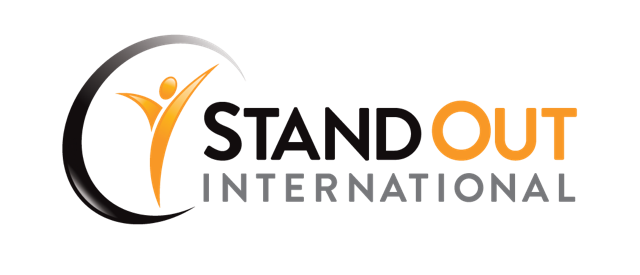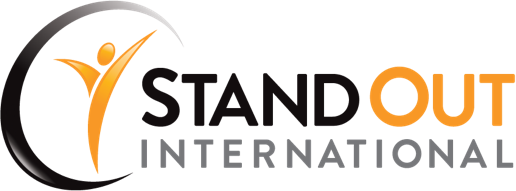I am amazed at how many professionals start the New Year without established personal or career goals. Many people have New Year’s resolutions, yet they avoid setting clear intentions for their personal/career life and when they do they avoid writing them out.
Seven years ago, I started a personal planning exercise for my life and career. At the beginning of every year, I sit down for a couple of hours and write down what I want to accomplish in the next 12 months. Throughout the year I track my progress towards my goals and make adjustments.
Over the years, I have not only made progress in my personal goal achievements, I have also developed better, more realistic goal setting and effective execution skills. In particular, I have benefited in three ways:
- • I have gained more clarity about what is really important to me and what is not important. This helps me tremendously to integrate all aspects of my life to ensure more balance and less stress.
- • I am more honest and realistic about what I can achieve. I tended to be too optimistic in the beginning of planning when considering what is achievable.
- • I have developed a habit to hold myself accountable to meet my own goals and commitments, which is humbling.
As we start a new year, I have two questions for you:
- 1. Have you set your goals for 2015?
- 2. Have you written them down?
If you answered both questions with YES, congratulations.
If your answers is NO, I invite you to go through this very simple and powerful exercise.
Annual Personal Planning Exercise
I have conducted this exercise annually for the last seven years. It is simple, powerful and has helped me to create clarity and stay focused on what matters most. It will do the same for you:
Step 1: Take a blank sheet of paper. On top of it, I write down:
“2015 has been very successful because …” Then I finish the sentence.
Write down all the things you want to have accomplished by the end of 2015. Imagine that we sit down on December 31, 2015 and review the year. I ask you about 2015 and you say, “well, 2015 has been very successful” – then you tell me all the things that made your year successful. Those things are your goals that you write down on this page.
I recommend you divide your “life” into relevant categories. My categories include the following areas:
- 1. Health and well being (including rest, vacation, hobbies, and travel)
- 2. Relationships and Family (love ones, friends)
- 3. Personal Finances (income, savings, net assets)
- 4. Business and Career (including learning, networking, new skills)
Step 2: For each of the goals, ask the following question:
“How do I know?”
The answer to this question is either a yes/no or a number. If we don’t establish clear measurable standards, we will not know if we are going to accomplish our goal or not? Remember the concept “what gets measured, gets done; what gets measured gets improved”.
For example, in my health category, my goal is to be healthy, fit and energetic.
How do I know? I have four measures for this:
- • Get an annual physical check up (yes/no)
- • Weight (195 pounds)
- • Get quality sleep (seven plus hours daily)
- • Work out five times per week, e.g. run, bike, soccer, gym, yoga
Step 3: At the end of each month, review your goals and see if you are on track. If not, make the necessary adjustments either in your goals or your behaviors.
Breakthroughs, Behaviors, and Beliefs
To ensure you stay on track with your plan, reflect on the following questions:
- 1. In what areas of your life will you have opportunities for breakthroughs and new levels of performance? What are one or two major challenges that you might face?
- 2. What do you want to change in your behaviors, habits or skills to achieve your personal goals?
- 3. How do you want to (and have to) show up to attract success in 2015? What new beliefs will you nurture and develop?
I send you my best wishes as well as determination, discipline and persistence in pursuing your goals and making 2015 a successful year.


